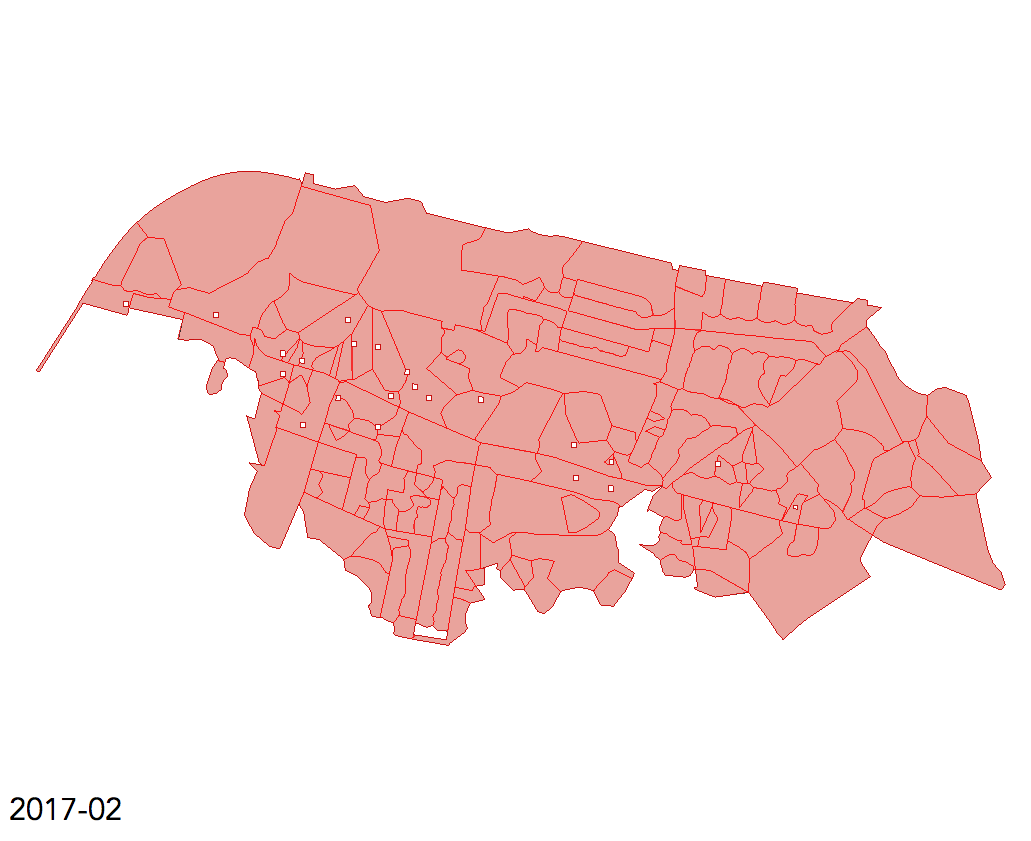I have a shapefile with polygons containing UK postcode units, example SL1 1AA. I want to dissolve these into postcode sectors,example SL1 1.
I can use this expression in the filter to get all those postcode units in one sector and dissolve that as the image above.
LIKE 'SL1 1%%'
What i want to do is apply a similar expression with dissolve altering the expression to a regex so it dissolves into SL1 1, SL1 2 etc.
I have an idea how i could tackle this in postgis but wanted to see if i could do this with the QGIS

